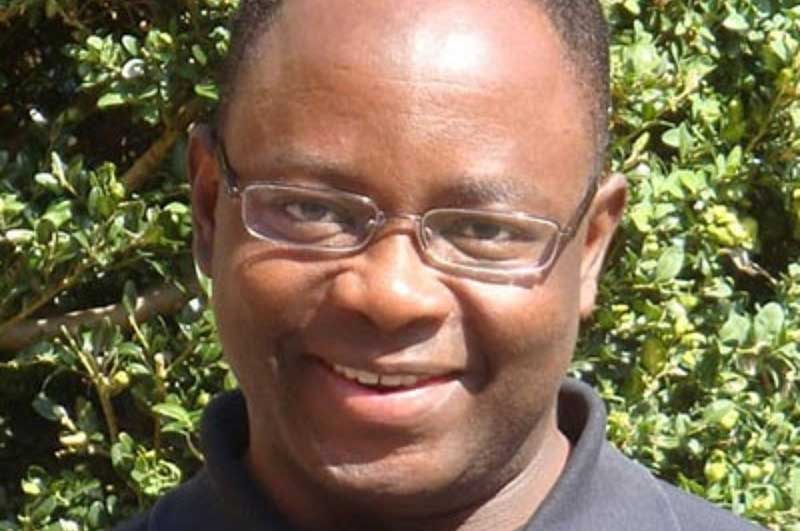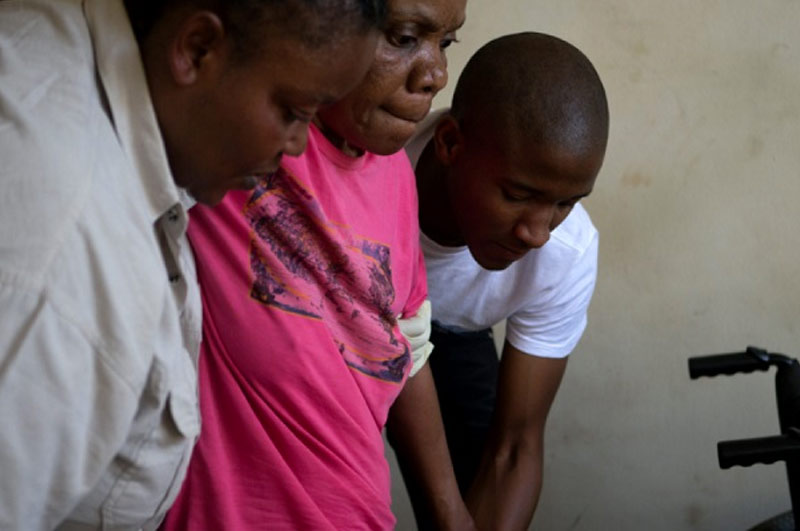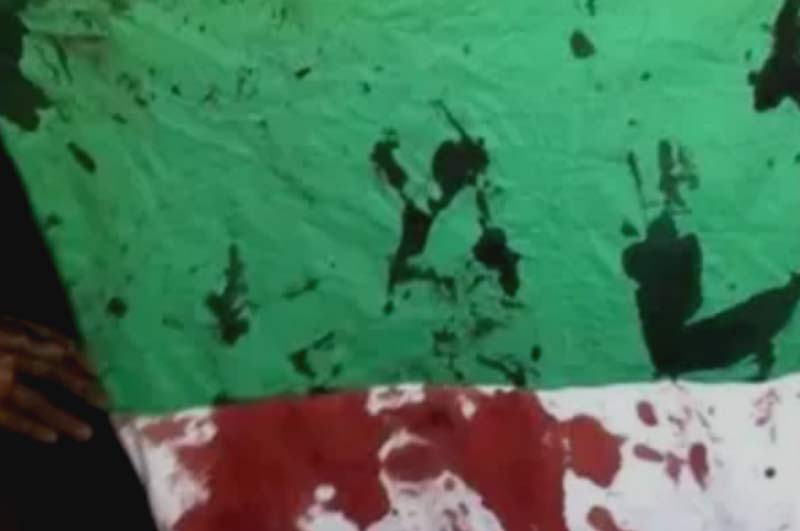


As the youths and their well-meaning supporters in Nigeria continue to protest, we have witnessed the evolution of what began as a protest against the ruthlessness of the Special Anti-Robbery Squad (SARS), which is a special unit in Nigeria Police force, and by extension, against the brutality of all forces in Nigeria, to a protest against bad leadership. Whatever grievances persist is nothing but the fruit of bad leadership which most people describe as Nigeria’s cancer. We have come to a state in Nigeria where the ills Nigerians suffer from can only be explained by bad and corrupt leadership.
The saying now goes in Nigeria that “If you have no borehole, the government cannot guaranty you of good drinking water. If you have no generator, the government cannot guaranty you of constant electricity. If you cannot afford private education, the government cannot assure you of good and quality education”. In other words, people are anchoring responsibilities and producing services that governments should have made available. Our Universities are perpetually going in and out of strikes. New habits of bad leadership are even emerging as we see our leadership capable of giving amnesty to terrorists and Boko Haram fighters and unable to listen to the cries of law-abiding Nigerians. We understand our leadership as being able to successfully use military and police officers to kill civilians and yet unable to keep Nigerians safe on their streets and in their homes from the attacks of armed robbers and kidnappers. All these are increasing Nigerians frustrations in geometric progression.
It is more than 14 days since the protest termed #ENDSARS began and the President of Nigeria only spoke on the fifteenth day making an official statement focused on the protesters and their demands. An action, many described as a reflection of how incompetent this present leadership has been concerning administrating the affairs of this nation. At one level, the communication is not getting out and when it does, it carries loopholes of greater insensitivity to the real and genuine plight of Nigerians. A recent example is the independence day’s speech (October 1st) in which the president failed to address the perennial killing and insecurity in southern Kaduna. There is no doubt that in an era of information and communication, the issues of misinformation and miscommunication occupy a central place. A government that is unable to handle information and communication will surely confront perennial issues.
In a country where the wrong people have voices and the citizens are prevented from airing their views, everyone believes that Nigeria is sitting on a time bomb. Only time will vindicate her. The ongoing #ENDSARS protests are beginning to teach us the truth of a democratic dispensation. We now know who should have voice and who has no voice. Within a working democracy, power belongs to the people and they should have a voice. The protests are ways the youths and concerned Nigerians are voicing their needs to the leadership of our failed state. Their voices, however, are not being heard. This is reflected by the silence of the president to address their grievances. Their voices are not interacting with the agents of power in the land. The Nigerian government is failing to recognize that the protesters are speaking for over 80% of Nigerians. Who is being understood and who is not?
Given the recent shooting of unarmed protesters in Lekki, Lagos State, who were reported to have been shot with live ammunition while singing the National Anthem on the 20th of October 2020, we are certain of epistemic injustice because the protesters have not been understood. Northern Nigeria, precisely, the north-east has been battling terrorism, and soldiers are arresting and dishing out amnesty to culprits but in the south and west, the same soldiers received instructions to shoot and kill peaceful protesters. This sad incident begs the question: Who is in charge? Who is leading the soldiers sent to kill the very persons protesting for the interests of all Nigerians? While the government denied any involvement in the shooting of innocent protesters, the Nigerian army denied that the viral video of the shooting making rounds was real. The army even doubted the soldiers were real soldiers.
Nigerians were nonetheless shocked at the inhuman face of insensitive military officers who are being used by the federal might to kill fellow Nigerians. How do you explain the fact that the Nigerian military will stain the Nigerian flag with the blood of Nigerians? Nigerians were even in deeper shock to hear the Governor of Lagos expressed an epistemic lacuna claiming he was not aware of what is happening in his state even when he authorized a curfew. A curfew requires men of the forces to implement and if the government claimed he has no details of what the requirements of implementing a curfew are, then he treats Nigerians in his state as nonentity. He should have discontinued the curfew to give order that military officers should leave his state since he has no control over the details of their operations. This is nothing but a reflection of how the leadership of Nigeria has treated her citizens. The political class has created an aura of elitism where Nigerians are only considered important to the extent that they are in this class or within the corridors of political power. The message of the protesters suggests that this must stop since Nigerians hope that any Nigerian can become very important without romancing with the structures of godfatherism that shape the Nigerian polity.
The #ENDSARS protests reflect cumulative frustration fashioned over the years by bad leadership and visibly implemented by the harsh activities of uniform persons in the country. Nigeria has become virtually unlivable. The cost of living has skyrocketed. While Nigerians anticipated palliatives to cushion the challenges generated by the Covid-19 lockdown, our leadership increased the price of fuel in the name of subsidy removal. Equally, the tariffs of electricity went up considerably. This is ill-timed and unjustified. The rate of insecurity has made travelling and doing businesses almost impossible while securing huge losses to lives and properties. The social sphere wears a new character of kidnapping. Nigerians feel unsafe outside as well as within their homes. The political class are focused on looting huge sum of money. Recently, a commission (Niger-Delta Development Commission) set up by the Nigerian government was unable to account for over 180 million dollars spent within five months of operation. In the course of the complete lockdown of the country as a result of the Covid-19 pandemic, the Nigerian government reported to have fed school children who were not in school but in their homes, with over 1.2 million dollars. These and other unsettling issues provide the justification to the ongoing #ENDSARS protests.
Although the protesters tabulated some items for immediate consideration, there are larger underlining concerns that have shaped a growing frustration expressed in the protests. Epistemically, we can say that the protests relate to issues bordering on injustices of knowledge, understanding, and participation in shaping a better Nigeria largely reflected in unhealthy communicative practices. Everywhere in Nigeria is found unjust structures in meaning-making and knowledge producing practices. The average Nigerian whose taxes are used to maintain and feed the political class has no clue on what is earned, what is spent, and what is saved in the country’s account. The lack of political transparency and accountability, the absence of good health structures and infrastructures, the nonexistence of employment, etc., are urgent areas calling for the government’s response.
More than ever, Nigerians want to know what is happening in Nigeria. They seek transparency in leadership. They desire reward for hard work and a convenient environment to flourish. The protesters are seeking for police reforms, and by extension, reforms and training of all uniformed personnel, end to brutality, end to SARS, better renumeration for our uniformed personnel, compensation to families and persons who have suffered humiliation and death in the hands of uniformed men, and extensive investigation and trial of uniformed men involved in unauthorized activities.
The response of the Nigerian political class shows that Nigerians have always been misunderstood. Nigerians do not feel included but excluded in drafting what is approved as meaningful practices in the country. They thus feel invisible, silenced, and inaudible. Their contributions are systematically distorted, discarded, and rejected. Our social and professional lives are deeply saturated with epistemic injustices and the protests entitled #ENDSARS offer some rays of hope to bridge these injustices and call on the Nigerian leadership to embrace reforms.
The federal government of Nigeria must take advantage of this present protests to review the different proposals for restructuring of the country and consider decentralizing the security infrastructure to give state governments some autonomy to make decisions to protect lives and properties in their states. Governments must be empowered to create competitive atmosphere in their states, produce and generate their electricity, and set up state police. The present federal structure has not worked. It has kept the country on a geometric regression. The government should be aware that it is not a change from SARS to SWAT (the Special Weapons and Tactics) that is called for by the protesters. Rather, a change in the style of leadership, a change in operationality of the political class, and a change in the security infrastructure of the entire country in order for peace to reign so that economic activities will flourish at all levels. We want a leadership driven by healthy idealism where a political agora is created to gather thoughts of well-meaning Nigerians. We desire a fair distribution of information in the country to bridge the perennial gap generated by epistemic injustices.
After the shooting of peaceful protesters on the 20th of October, 2020, Nigerian youths have gone on a looting spree. Basically, they have looted Covid-19 palliatives hoarded in different warehouses across the country. It has been argued that many Nigerians died during the lockdown from hunger than from Covid-19. Consequently, discovering that items meant for the masses are hoarded in different warehouses for reasons beyond justification, the youths have become extremely courageous and breaking in and out of different warehouses to take food items. It is unbelievable that the state governments will keep so much food without distributing them to those in need.
Regrettably, in search of these items, some elements in the Youths have also given themselves to acts of destruction which include burning several police stations and carting away with guns and other valuable items. This unfortunate development has painted the #ENDSARS protests negatively and has turned the streets of Nigeria into a nightmare of growing insecurity and cold deaths.
The ongoing #ENDSARS protests should burn away the prejudices of the political class that made them consider the average Nigerian as lacking in the production of credible analysis of the state of the nation. The protests speak volumes in such a way that the class of political elitists should no longer disbelieve the credibility of the masses in matters of national interests. Enough is enough!
Related Articles
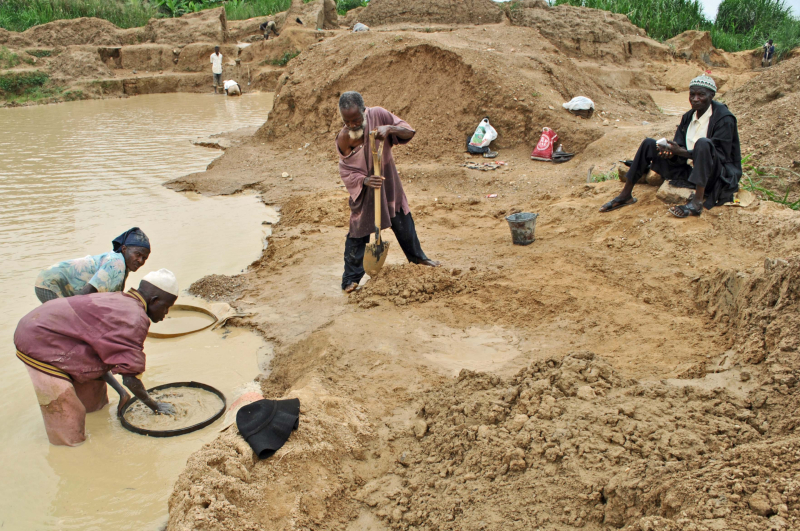
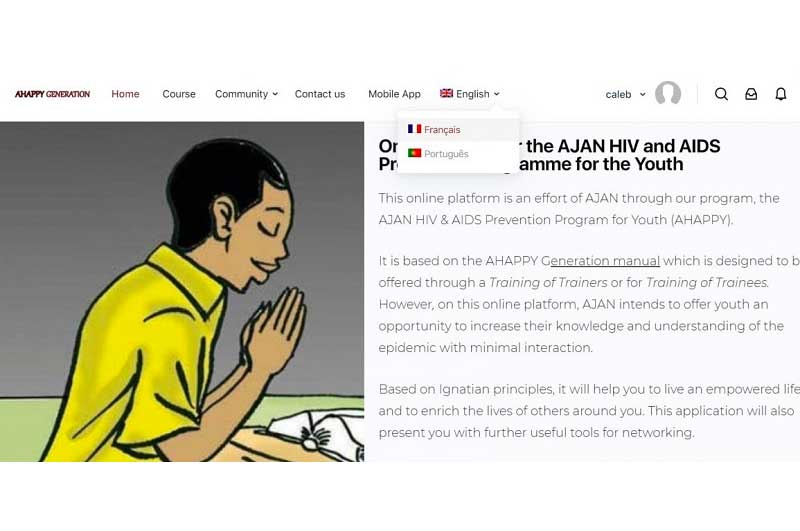
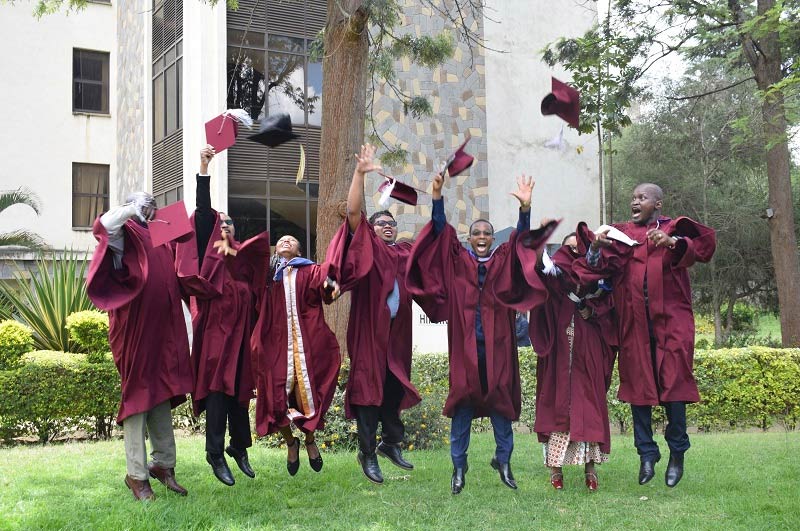
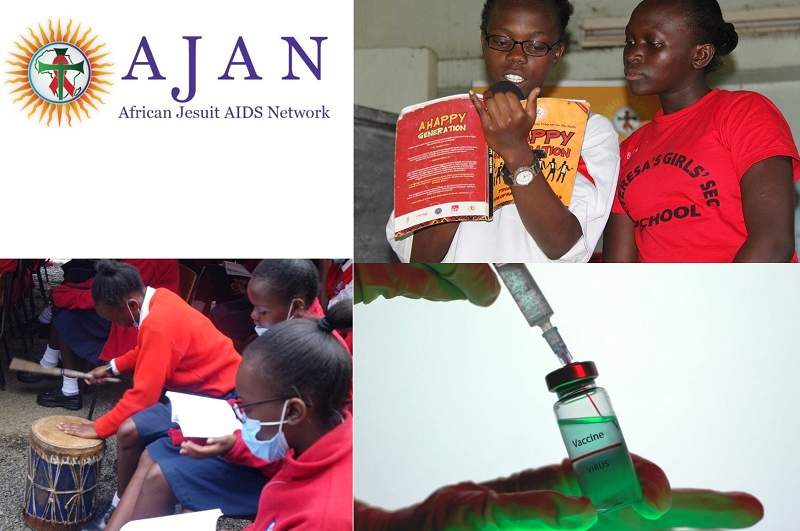
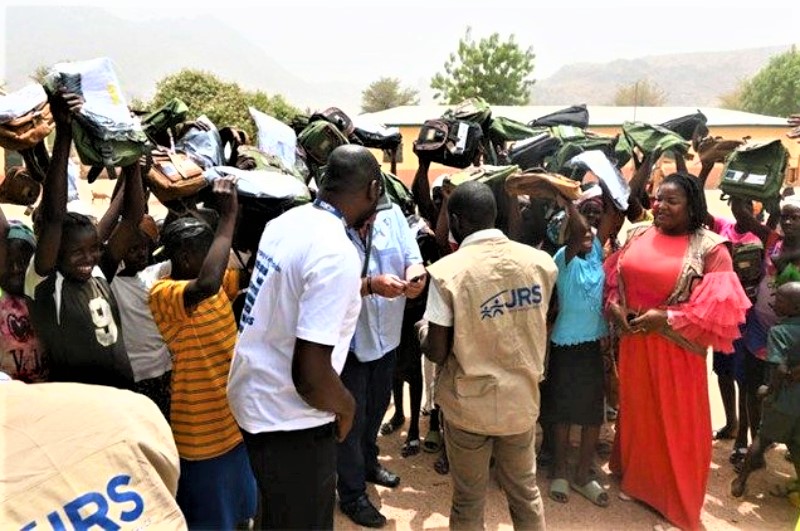
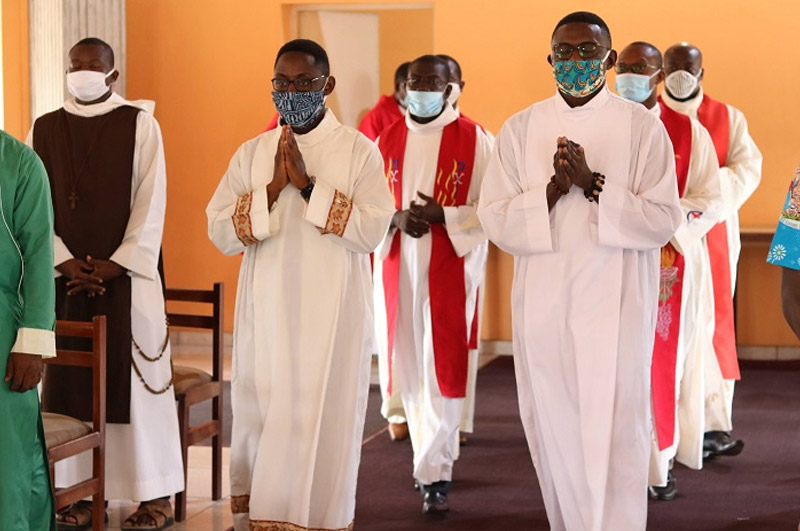
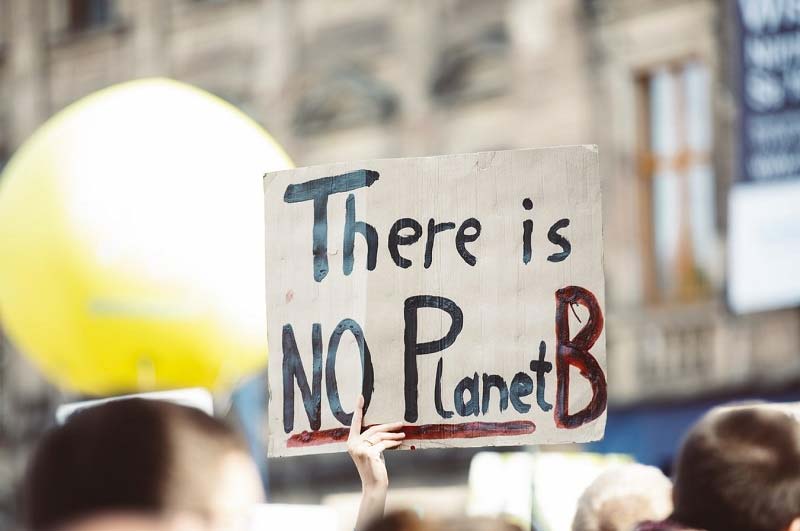
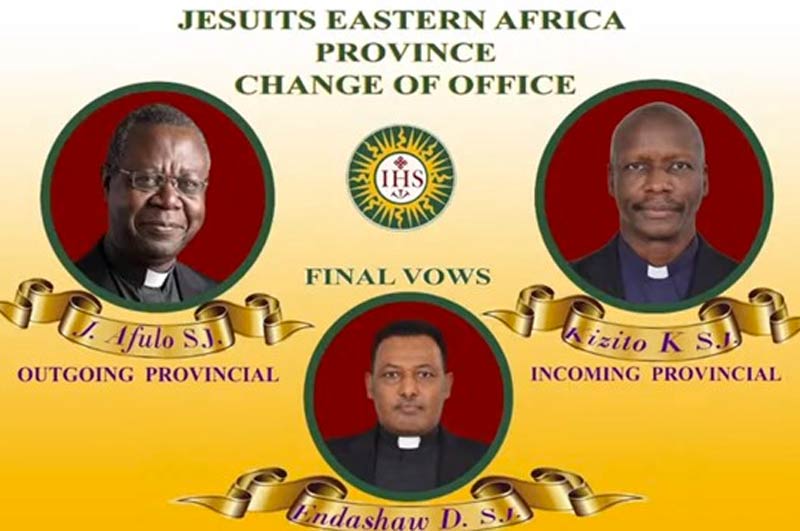
Select Payment Method
Pay by bank transfer
If you wish to make a donation by direct bank transfer please contact Fr Paul Hamill SJ treasurer@jesuits.africa. Fr Paul will get in touch with you about the best method of transfer for you and share account details with you. Donations can be one-off gifts or of any frequency; for example, you might wish to become a regular monthly donor of small amounts; that sort of reliable income can allow for very welcome forward planning in the development of the Society’s works in Africa and Madagascar.
Often it is easier to send a donation to an office within your own country and Fr Paul can advise on how that might be done. In some countries this kind of giving can also be recognised for tax relief and the necessary receipts will be issued.


